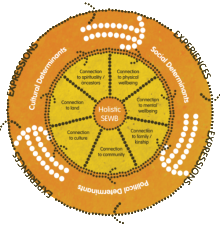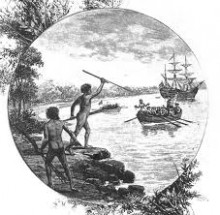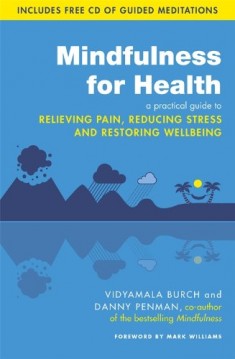 Here is an article I first wrote as a Background Briefing for Drink and Drugs News (DDN), the leading UK magazine focused on drug and alcohol treatment, in February 2005.
Here is an article I first wrote as a Background Briefing for Drink and Drugs News (DDN), the leading UK magazine focused on drug and alcohol treatment, in February 2005.
‘There has been a considerable scientific effort over the past four decades in to identifying and understanding the core features of alcohol and drug dependence. This work really began in 1976 when the British psychiatrist Griffith Edwards and his American colleague Milton M. Gross collaborated to produce a formulation of what had previously been understood as ‘alcoholism’ – the alcohol dependence syndrome.
The alcohol dependence syndrome was seen as a cluster of seven elements that concur. It was argued that not all elements may be present in every case, but the picture is sufficiently regular and coherent to permit clinical recognition.









